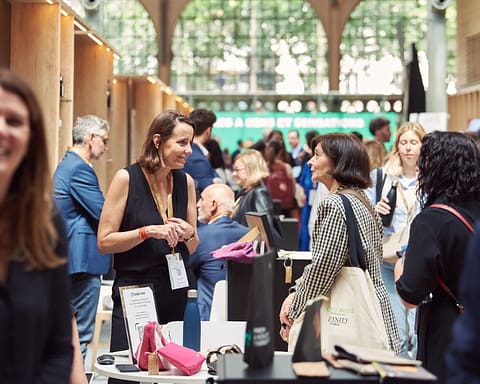PARIS, Nov 15 (Reuters) – Young consumers of luxury goods, with first purchases starting at age 15, represent a growth engine that should fuel the sector in the years to come, Bain said in its latest study released on Tuesday.
In recent months, the market has been concerned about the impact of inflation on “Generation Z” or “Gen Z” consumers, born between 1996 and 2012.
But European luxury groups continue to post strong results, with their clienteles drawing on savings accumulated during the COVID-19 pandemic to afford, for example, $300 bobsleds or $900 sneakers.
According to the consultancy, the very young consumers of “Gen Z” but also their older “Generation Y” (or “Millenials”) have fueled the growth of the luxury industry this year.
Both generations made their first luxury purchases between the ages of 18 and 20, but those born in the early 2010s, the “Alpha Generation,” are expected to get into it even earlier, as early as age 15.
“They have been exposed to these types of brands earlier thanks to digital technologies and social networks that have made them very sophisticated observers of luxury since their childhood,” said Federica Levato, partner at Bain.
The biggest brands have been able to capture the younger generation by imposing streetwear style on their shows, by being more inclusive or by launching, like Dior and Balenciaga, in the metaverse, a virtual world presented by some as the future of the Internet.
When these younger generations enter the workforce, they will have even more money to afford luxury items,” said Levato.
Bain expects the sector’s sales growth to reach €353 billion this year, up from its previous estimate published in June of €330 billion. This would represent a 15% year-on-year growth at constant exchange rates.
Jean-Jacques Guiony, LVMH’s chief financial officer, said last month that the industry was not representative of the general economy, adding, however, that it was not immune to recessions.
(Reporting by Mimosa Spencer, edited by Kate Entringer)
Read also >Kering is in advanced talks to buy Tom Ford
Featured photo : ©Press




































